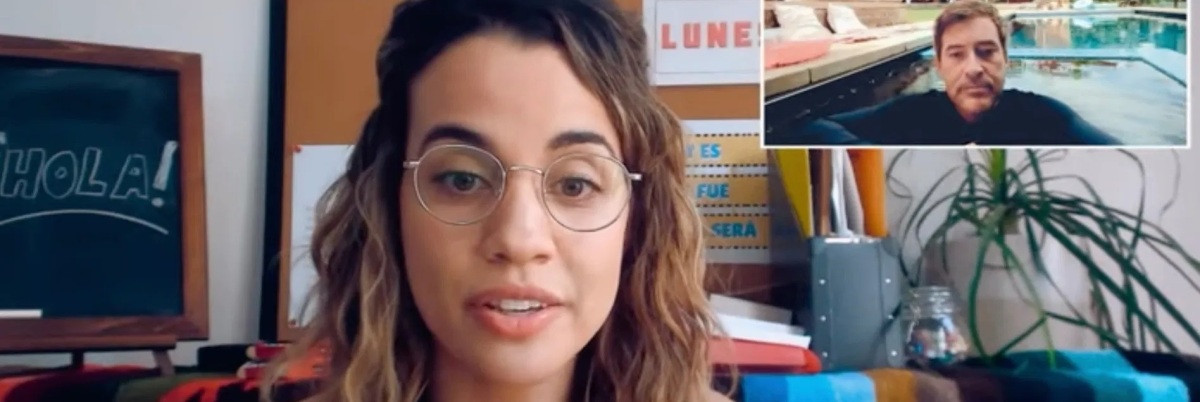Biosphere
by George Wolf
As the pandemic raged a few years back, all of us had to adapt. For filmmakers, that meant getting creative to remain creative: small casts, limited settings and remote locations.
One of the better films to meet these challenges was Language Lessons, a two-hander co-written by Mark Duplass and Natalie Morales that also served as one of Morales’s first projects as a feature director.
Biosphere follows a similar blueprint, but with a much higher concept that ultimately hampers its chance at real poignancy.
This time out, Duplass co-writes with first-time feature director Mel Eslyn, and also co-stars as Billy, one of the two men left on Earth. The other survivor is Billy’s old friend Ray (Sterling K. Brown), and the pair spends the days inside a self-sustaining biosphere of Ray’s design.
The two actors share a wonderful and warm rapport, and through their conversations we learn that Billy was President and Ray his lead advisor when the unthinkable went down.
Was Billy to blame? Well, Ray has superior intellect and Billy’s middle initial might as well be “dubya,” so maybe. But that was then and this is now, and now “Diane,” the last female fish in their pond is dead, leaving “Sam” and “Woody” behind.
Ray knows that could mean the end of the “self-sustaining” part of their setup, so the conversations start to get a lot heavier.
To say any more would be saying too much, but the “once upon a time…” message that opens the film readies us for the attempted parable on hope and human evolution.
And this is an extremely talky parable. That might be hard to avoid in a two-character, one-room setting, but the hour and forty-five minute run time becomes excessive despite the mixing of wry humor with Duplass and Brown’s commitment to the exercise.
The bigger problem is that once the film goes where it goes, it feels like the end of a great short film that never was. The main point then becomes the pitch, and not so much about where it ends up. Give Duplass and Eslyn credit for the ambition, and Eslyn some props for making the treatment more cinema than sit-com, but the end is satisfying only if the mean was to be a conversation-starter.
And Biosphere should indeed start some, just not about the big issues it has in mind. Those end up getting caught in a narrative corner that’s covered in too much paint.







